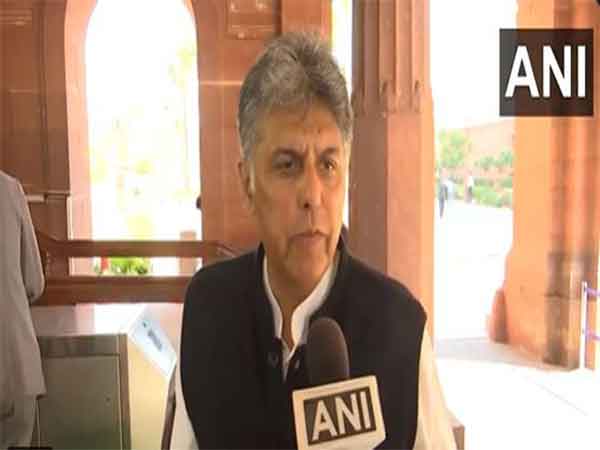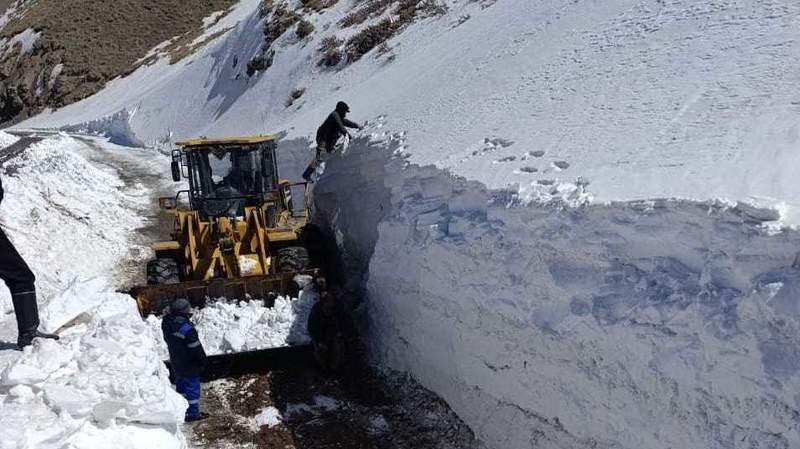
President Donald Trump unveiled sweeping tariffs that the United States will levy on countries of at least 10% or even higher, increasing the risks of spurring a global trade war. After weeks of anticipation regarding the tariffs that the Trump administration insinuated yet remained tight-lipped about, the president presented a list of countries that will be charged with reciprocal tariffs during his 'Make America Wealthy Again' speech at the Rose Garden in the White House on Wednesday. Trump has touted April 2 to be the Liberation Day for Americans.
"We will charge them approximately half of what they are and have been charging us," Trump said , adding, "So, the tariffs will not be a full reciprocal." While Trump claimed that the reciprocal tariffs will cause jobs and manufacturers to come "roaring back" into the US and create stronger competition and lower prices for consumers, economists have far from agreed, sounding alarm bells over dangerous impacts, especially on working-class Americans. "They do it to us, we do it to them," Trump said.

"Other nations got rich and powerful at our expense...
with today's action, we are finally gonna be able to Make America Great Again, greater than before," he said to a round of hollers and cheers from those in attendance, including his Cabinet members and UAW workers. The federal government currently has a national debt of nearly $36.22 trillion.
Trump said, From 1789 to 1913, we were a tariff-backed nation and the US was proportionately the wealthiest it has ever been ...
then in 1913, for reason unknown to mankind, they established the income tax." In Trump's speech, the president insisted that tariffs are a revenue-generating mechanism, which was true about 150 years ago. However, with the global economic, social, and political landscape shifting, it is no longer a "viable option" to the national debt problem, said Abigail Hall Blanco, an economist at the University of Tampa, in an interview with Mirror US.
Blanco added that the problem lies in government spending, and tariffs will not help cover the deficit. "National debt is much more substantial than what can be collected," agreed Sina Golara, a supply chain economist at Georgia State’s Robinson College of Business. "Tariffs make economic downturns worse, not better," she said, countering Trump's Great Depression claims.
Prevalent economic literature and data suggest that the Great Depression was exacerbated by existing tariffs. Despite economists imploring President Herbert Hoover to veto the Smoot-Hawley Act in the 1930s, the bill was signed into law, which led to taxes averaging almost 40% on more than 20,000 imported goods. This caused a significant decline in US trade with other nations, worsening the Great Depression, contrary to Trump's claims.
Trump has imposed greater levies on countries with the largest trade imbalances. The European Union will see a 20% tariff, while 34% will be levied on China. Mirror US has compiled the full list here .
Notably, Trump did not make a direct reference to Canada or Mexico despite being quite hostile towards Ottawa in the recent past. The White House said that there would be no changes to the 25% levy on foreign-made cars, steel, and aluminum, and other goods from Mexico and Canada, BBC reported. However, Scott Laing, an economist at the University at Buffalo, cautioned that the board Trump displayed at the press conference was seemingly a "cherry-picked list for specific goods.
" "There is confusion as to where he is pulling those numbers from," Laing said, adding, "There is a nebulousness over the timing, when the tariffs are going into effect." However, he hoped this could have a silver lining in being a "negotiating tactic" to help reduce tariffs in the future. All the companies that have announced to begin investing in the US may have been making a "ceremonial" gesture, Golara speculated.
Trump threatened to "penalize" companies without giving them a proper "pipeline" or "plan" to make the transition to the United States, Laing said. Markets do not like uncertainty, and Trump's latest move caused stocks to drop, making many companies lose about 15% of their equity valuation as a "knee-jerk reaction." Stocks plummeted in after hours trading shortly after Trump's tariffs announcements rolled in, with the S&P 500 and NASDAQ falling further.
S&P lost 2% and NASDAQ fell about 3.3%. Tech shares dropped with Tesla down 5%.
Overall, the tariffs will exacerbate costs, with consumers, especially low-income individuals or families and elderly people on a fixed income, particularly feeling the pinch in their budgets. "Any attempt at window dressing to make it seem it will not be economically detrimental is inaccurate," Blanco said..











